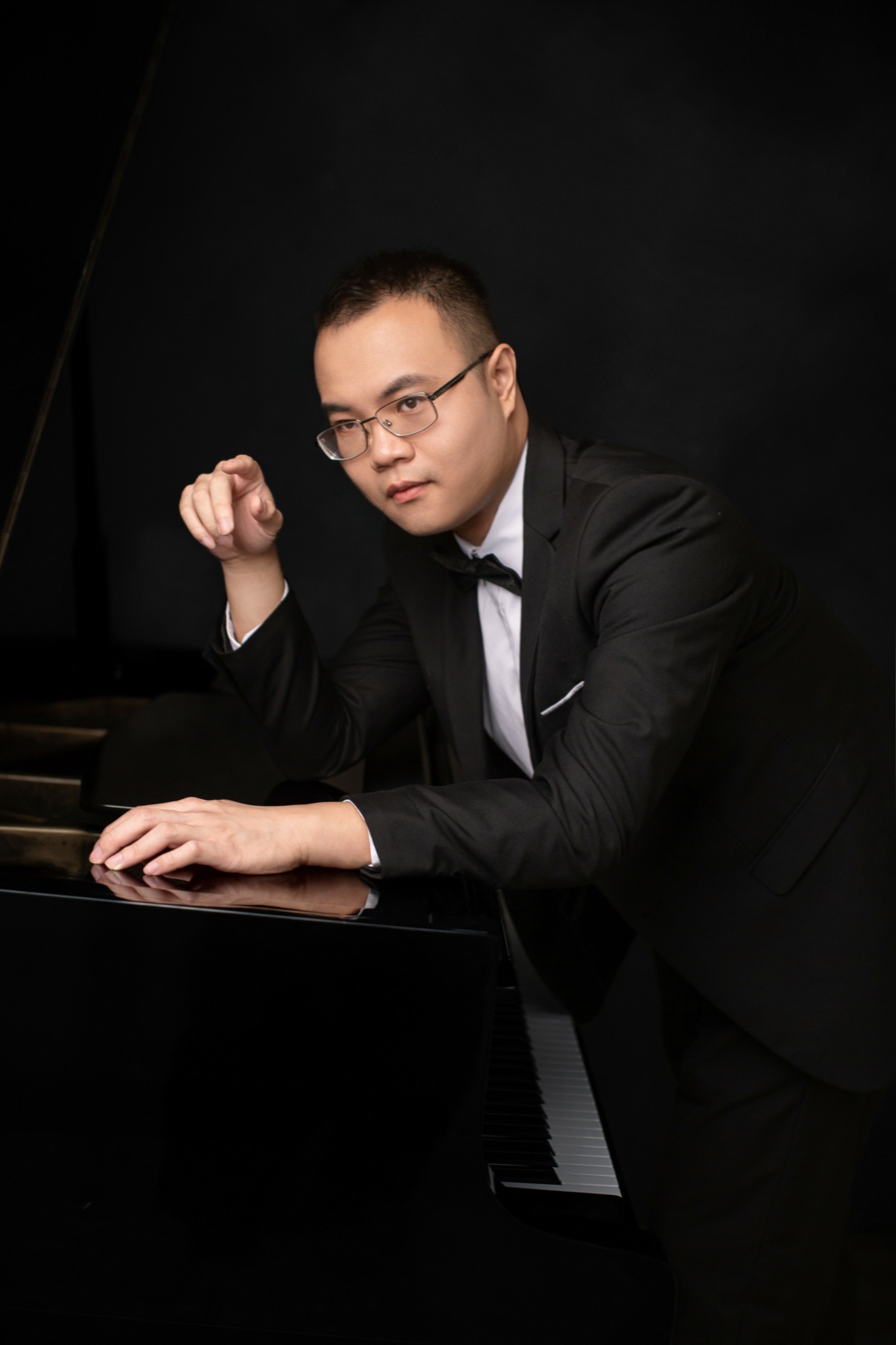We recently connected with Qiren Lu and have shared our conversation below.
Qiren, looking forward to hearing all of your stories today. We’d love to hear about when you first realized that you wanted to pursue a creative path professionally.
When I was four years old, my parents bought me a piano. At first, I thought of it as a punishment; I would have to spend a great deal of time practicing, instead of playing with my friends. This situation continued for a few years and I felt very frustrated. One day, after practicing the piano, I was suddenly struck by an idea: I had always been playing the work of other composers. Why couldn’t I compose my own music for other musicians? At the age of 11, I began composing music for the piano, which I found far more fulfilling than simply playing piano music written by other composers. This did not mean that I had lost my interest in the music of other classical composers. On the contrary, my love for composers like Beethoven, Schubert, Bartok and Copland increased over time. My mother noticed my passion for composition and asked me if I had an interest in pursuing composition instead of pursuing the path of a pianist. The answer was an unequivocal yes!
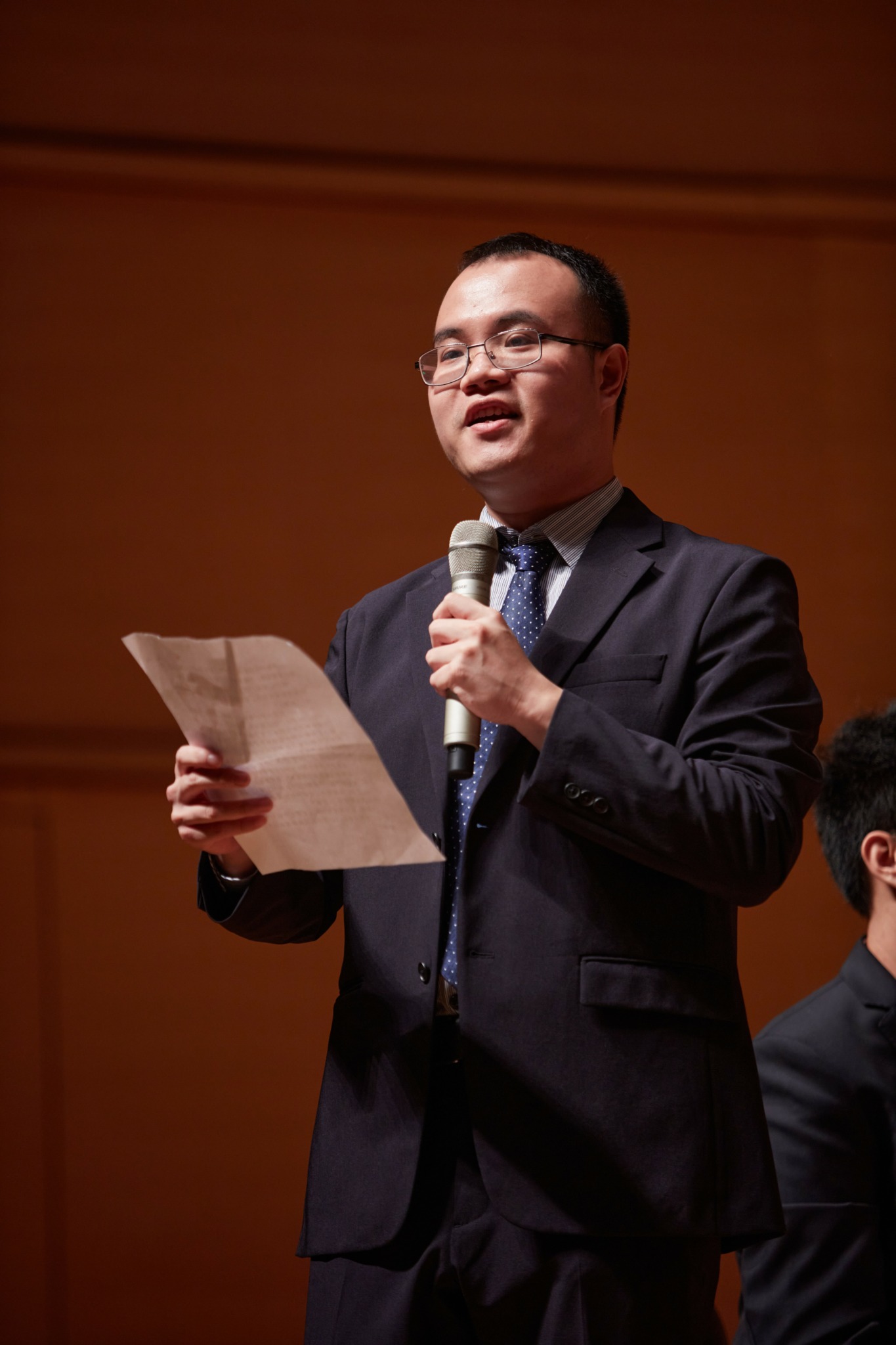
Qiren, before we move on to more of these sorts of questions, can you take some time to bring our readers up to speed on you and what you do?
I enrolled in the Central Conservatory of Music Middle School in Beijing at the age of 13. While at the conservatory, I learned much about compositional technique, theory, and the classical repertoire. When I was composing my first serious pieces, I was always interested in either evoking an image or creating a narrative. In this way, my musical thinking from those early years ran contrary to the idea of “absolute music”. I always believed that evoking a visual element or narrative idea in music was crucial. In the 18th and 19th centuries, music served both to entertain, as well as to enlighten and inspire. These reactions from listeners arose from the imagination of the composer, and his/her ability to make those ideas clear and comprehensible. The great composers of the past were able to speak with a distinctively personal and memorable voice. In this way, listeners were able to remember, assimilate, and absorb these great works. The best music of the 20th century has also afforded listeners that same possibility, and the music of 21st century composers will retain the same potential. My desire to develop a personal and memorable voice as a composer in this century is of paramount importance.
For me, the further study is not only to master more western composition skills and knowledge but also to spread Chinese folk music, since the brilliant Chinese culture which embracing a long history and full of vitality is always the source of his composing inspiration. I also seeking the perfect combination between the traditional Chinese music and western contemporary music.
Last year, I wrote my first piano concerto in three movements, called Spring in March. It’s based on three folk songs from my hometown, Nanning, in southern China. I wanted to bring the melodies I grew up with into a new context, combining them with the colors and structure of a Western orchestra. The experience was both exciting and meaningful. The piece was well received, and I found it incredibly refreshing to blend Chinese folk traditions with Western classical language. It felt like I was building a bridge between two musical worlds that are both a part of who I am. That process really deepened my interest in exploring cultural identity through music, and confirmed how much I enjoy working at the intersection of different traditions.
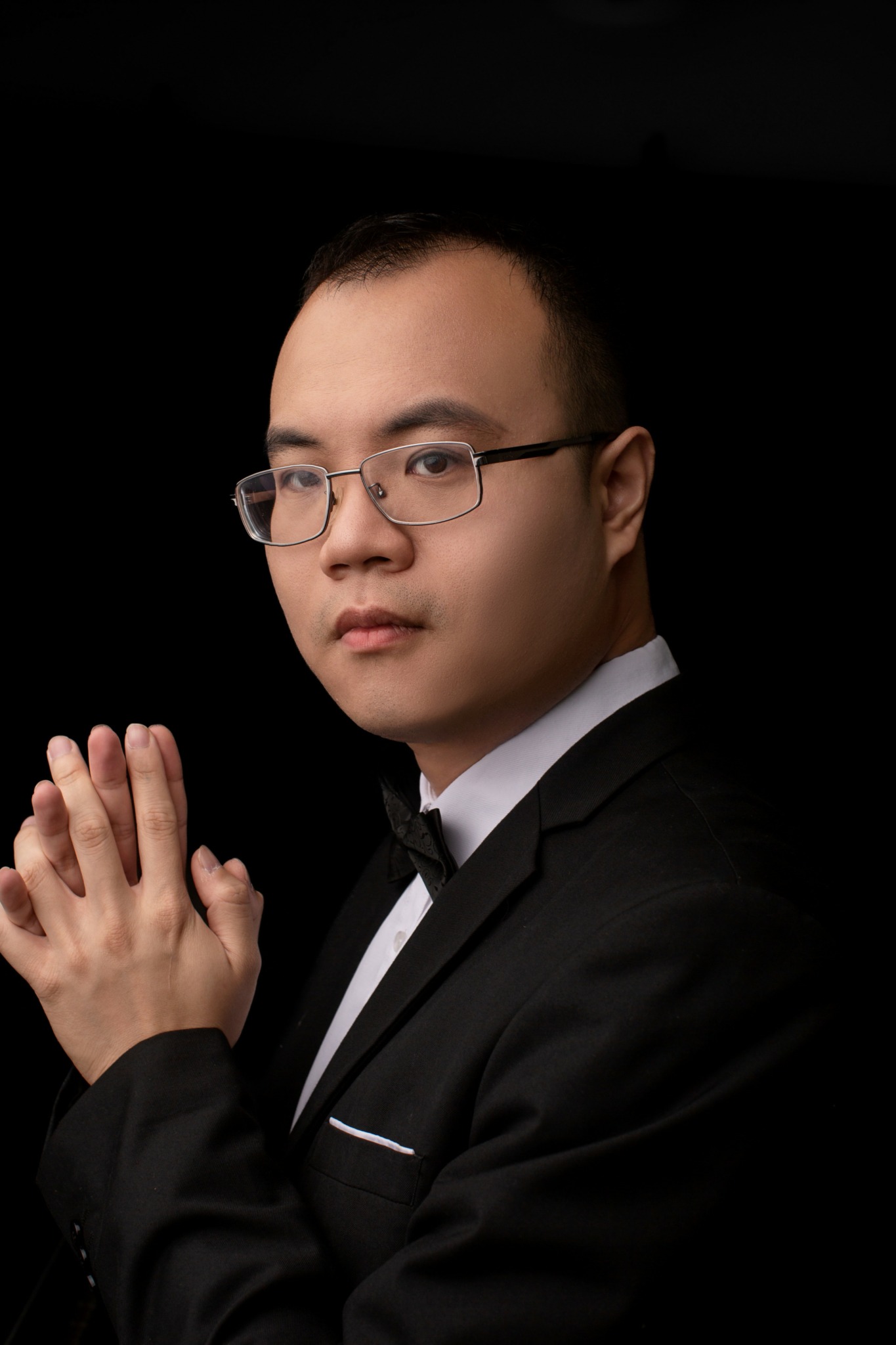
What’s the most rewarding aspect of being a creative in your experience?
For me, the most rewarding aspect of being an artist or composer is the moment when your music is performed, and you realize that all the hard times—the sweat and tears you’ve endured—were worth it. From the very beginning, you were creating something unique and beautiful, and you worked as hard as you could to bring that vision to life.
Throughout this process, you will face countless challenges: you may have to cut something you love, revise your arrangement, or even make fundamental changes to the structure, melody, or harmony. Your judgment will be tested, especially when there’s no teacher around to guide you. But once everything is complete, you’ll realize that every second you spent on the project was worthwhile.
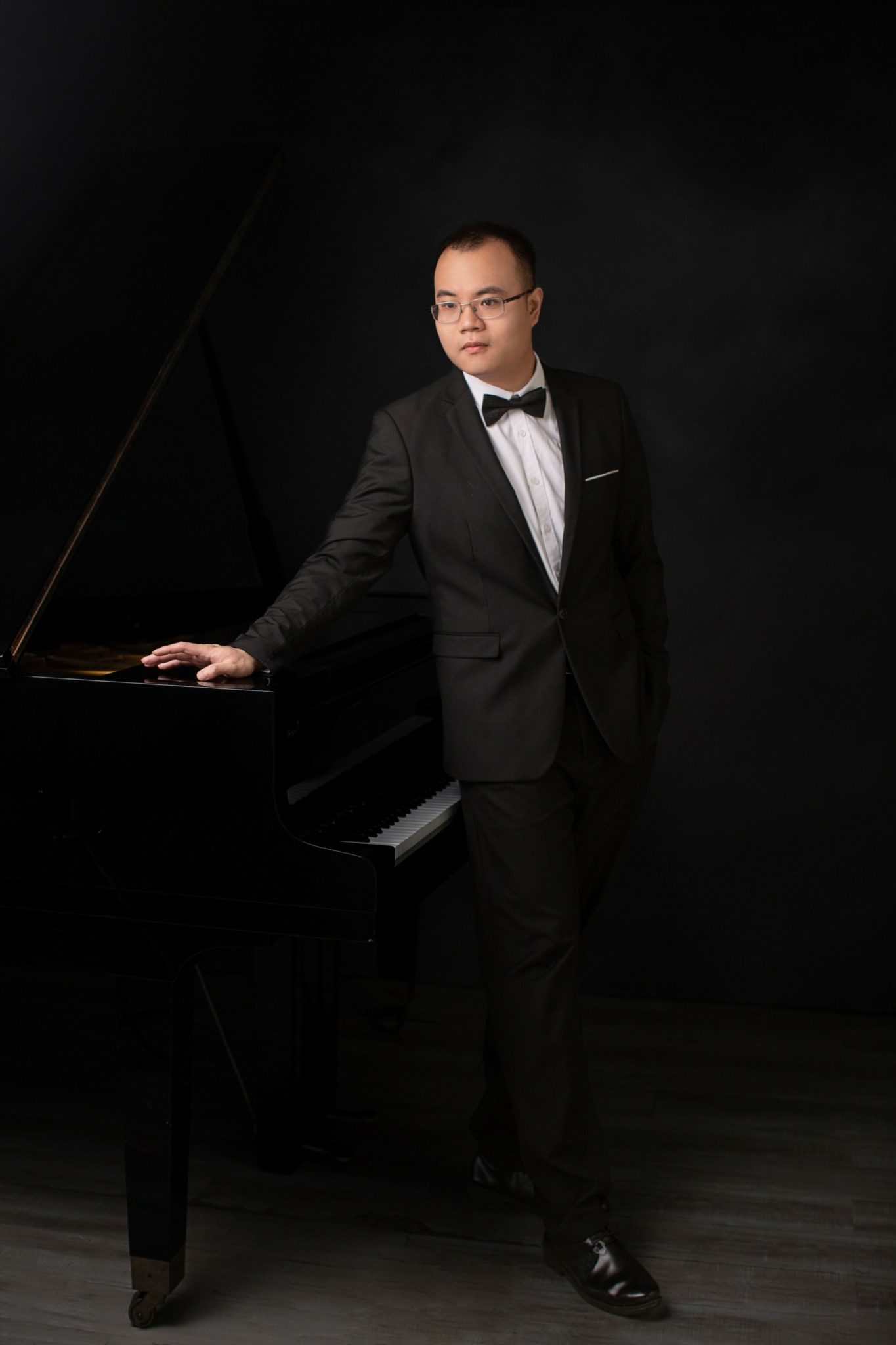
Is there mission driving your creative journey?
The best music of the 20th century has afforded listeners not only aesthetic pleasure but also the possibility of deep reflection, emotional catharsis, and renewed understanding of the human condition. I believe the music of 21st-century composers continues to carry that same potential. My desire to develop a personal and memorable voice as a composer in this century is of paramount importance. I strive to create music that is emotionally honest, structurally compelling, and capable of resonating with a wide range of listeners—whether they encounter it in a concert hall or on a movie screen.
As I grew older, I became increasingly drawn not only to concert music but also to film music. One of the reasons I am so passionate about composing for film is that it unites sound with image in a profoundly meaningful way. Music in a film score enhances the picture, adds depth to character and story, and in many ways becomes the emotional soul of the narrative. Much like how ballet scores or operatic music give life to movement on stage, a film soundtrack breathes life into the visual storytelling experience.
My mission as a composer is to contribute to both the concert and cinematic traditions with equal commitment. Whether I am writing a standalone orchestral work or a score that supports a film, I carry the same artistic intention: to move people, to create beauty, and to give voice to something that words alone cannot express. In both realms, my initial dream of becoming a composer continues to guide me every day, reminding me of music’s profound power to connect, transform, and endure.
Contact Info:
- Instagram: https://www.instagram.com/qirenlu1995/
- Facebook: https://www.facebook.com/qiren.lu.2025
- Youtube: https://www.youtube.com/@qirenlu8
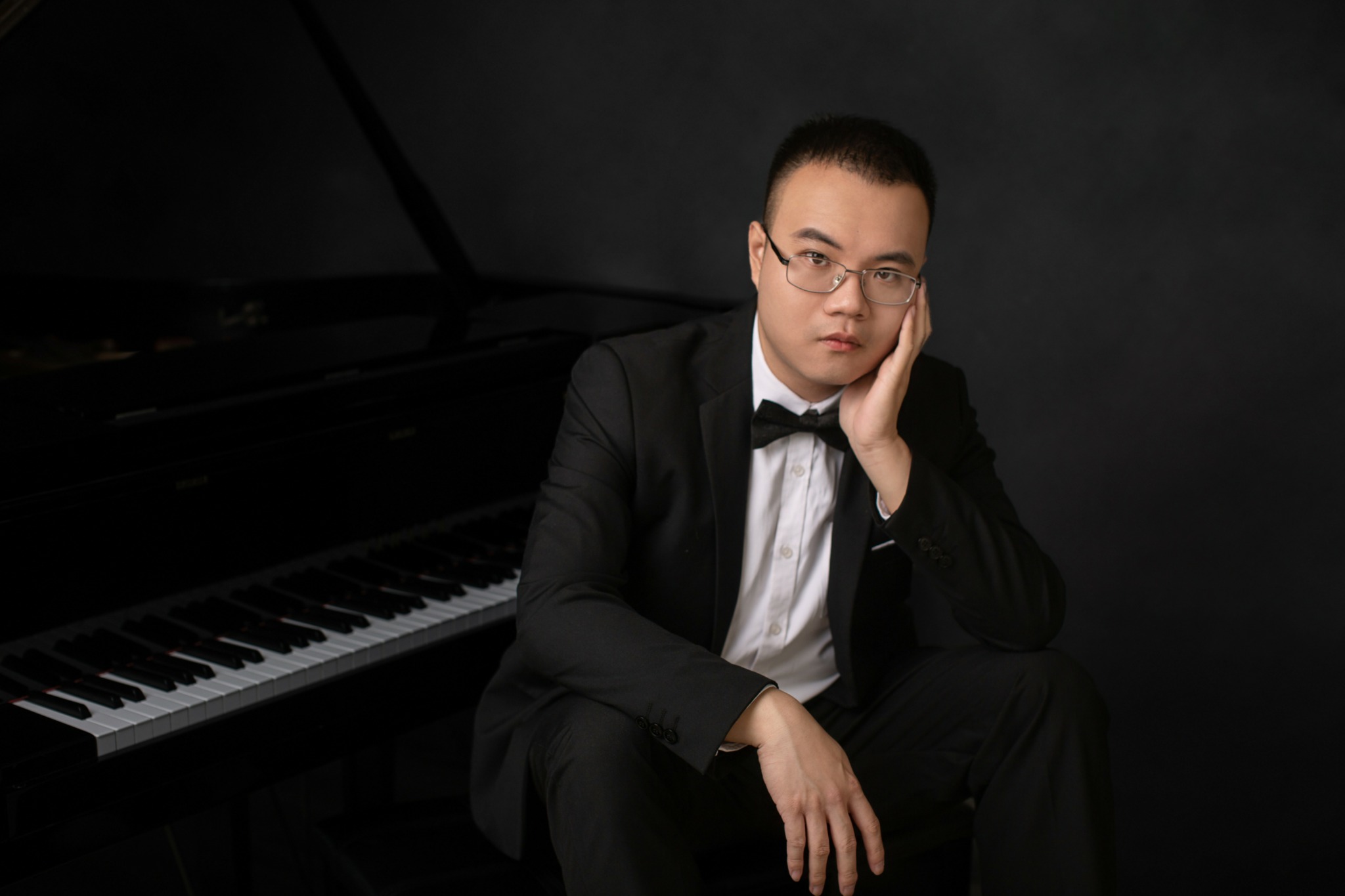
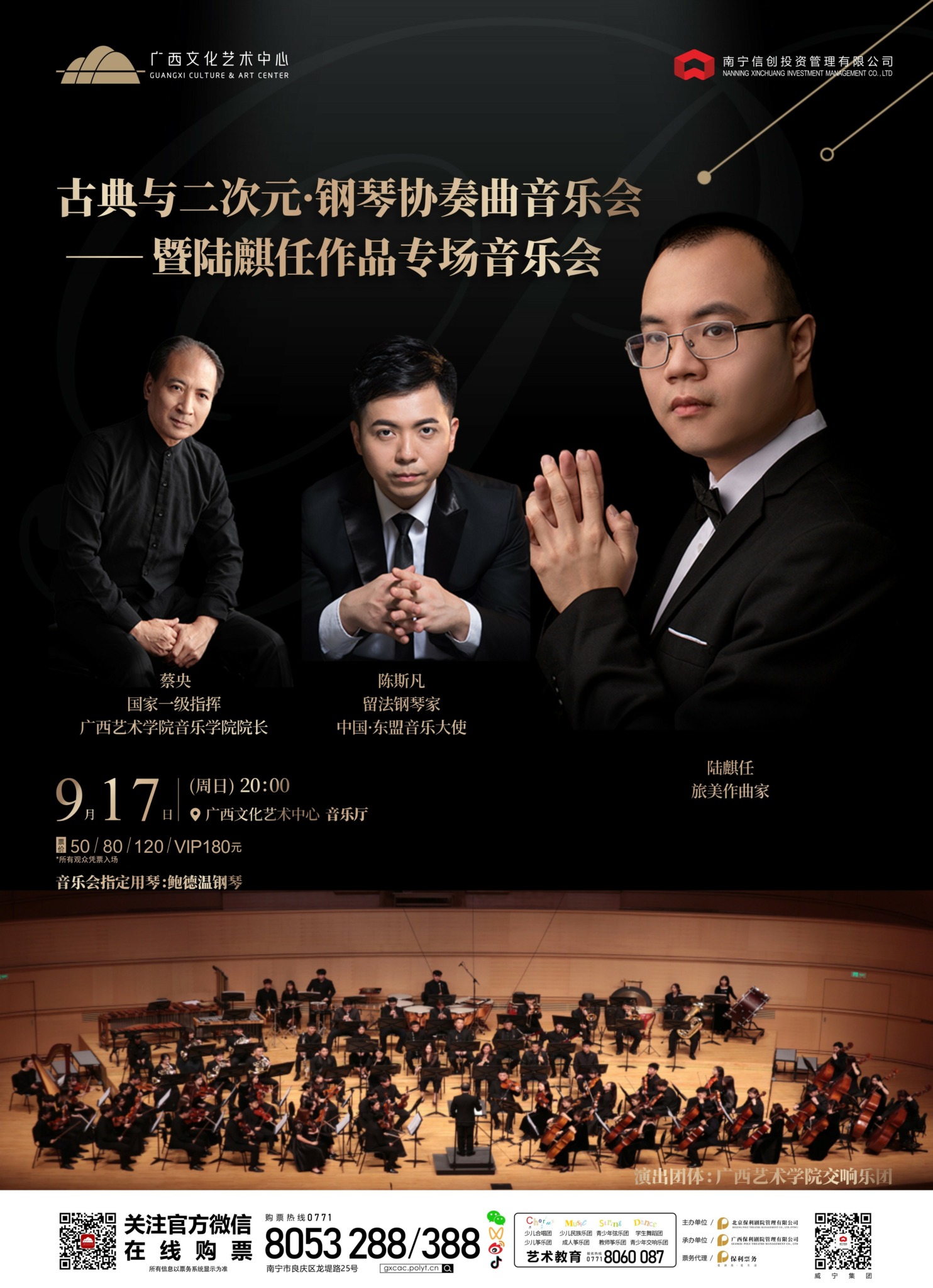
Image Credits
credit: Qiren Lu(Myself)


